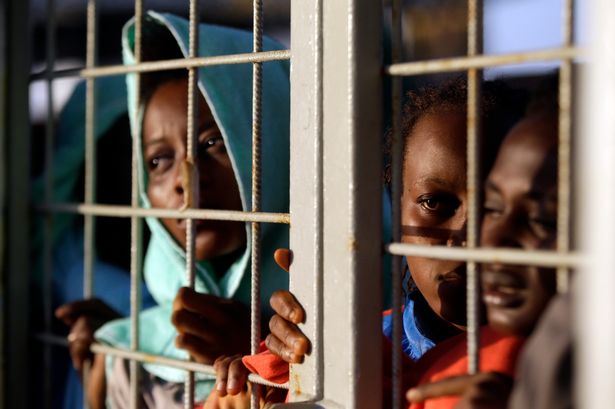
International Computer Magazine
| The Problem of Migration, first ever in History |
|
Europe is experiencing one of the most significant influxes of migrants and refugees in its history. Pushed by civil war and terror and pulled by the promise of a better life, huge numbers of people have fled the Middle East and Africa, risking their lives along the way. During 2015, more than a million migrants & refugees crossed in to Europe. Before 2015, it was only about 2,80,000. But in the first two months of 2016 more than 1,35,000 people arrived which reveals that the number of migrants will be huge, perhaps more than a million in 2016. Among the forces driving people to make the dangerous journey are the conflicts in Syria, Iraq and Afghanistan. The vast majority - more than 80% - of those who reached Europe by boat in 2015 came from those three countries. Poverty, human rights abuses and deteriorating security are also prompting people to set out from countries such as Eritrea, Pakistan, Morocco, Iran and Somalia in the hope of a new life in somewhere like Germany, Sweden or the UK. But as European countries struggle with the mass movement of people, some have tightened border controls. This has left tens of thousands of migrants stranded in Greece, raising fears of a humanitarian crisis. As leaders grasp for a solution, they have |
|
|
highest number in the EU. Hundreds of thousands of people are somewhere along the route, in Hungary, Croatia, Austria, Serbia, and elsewhere. Meanwhile between 2,000 and 5,000 migrants are camped at the French port of Calais in the hope of crossing over to the UK. For years the EU has been struggling to harmonise asylum policy. That is difficult with 28 member states, each with their own police force and judiciary. Championing the rights of poor migrants is difficult as the economic climate is still gloomy, many Europeans are unemployed and wary of foreign workers, and EU countries are divided over how to share the refugee burden. More detailed joint rules have been brought in with the Common European Asylum System - but rules are one thing, putting them into practice EU-wide is another challenge. EU leaders now hope Turkey can help to reduce the number of migrants arriving in EU nations. In February the bloc approved €3bn ($3.3bn; £2.2bn) in funding for the country to help it cope with record numbers of Syrian migrants it is already hosting. European Council President Donald Tusk says it is up to Turkey to decide how to reduce the flow to Europe, but that it could be time to turn back migrant boats trying to reach Greece.
|
   |